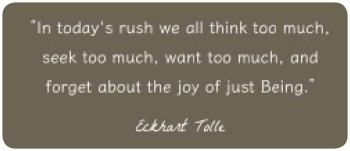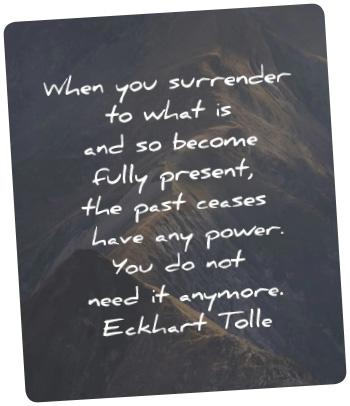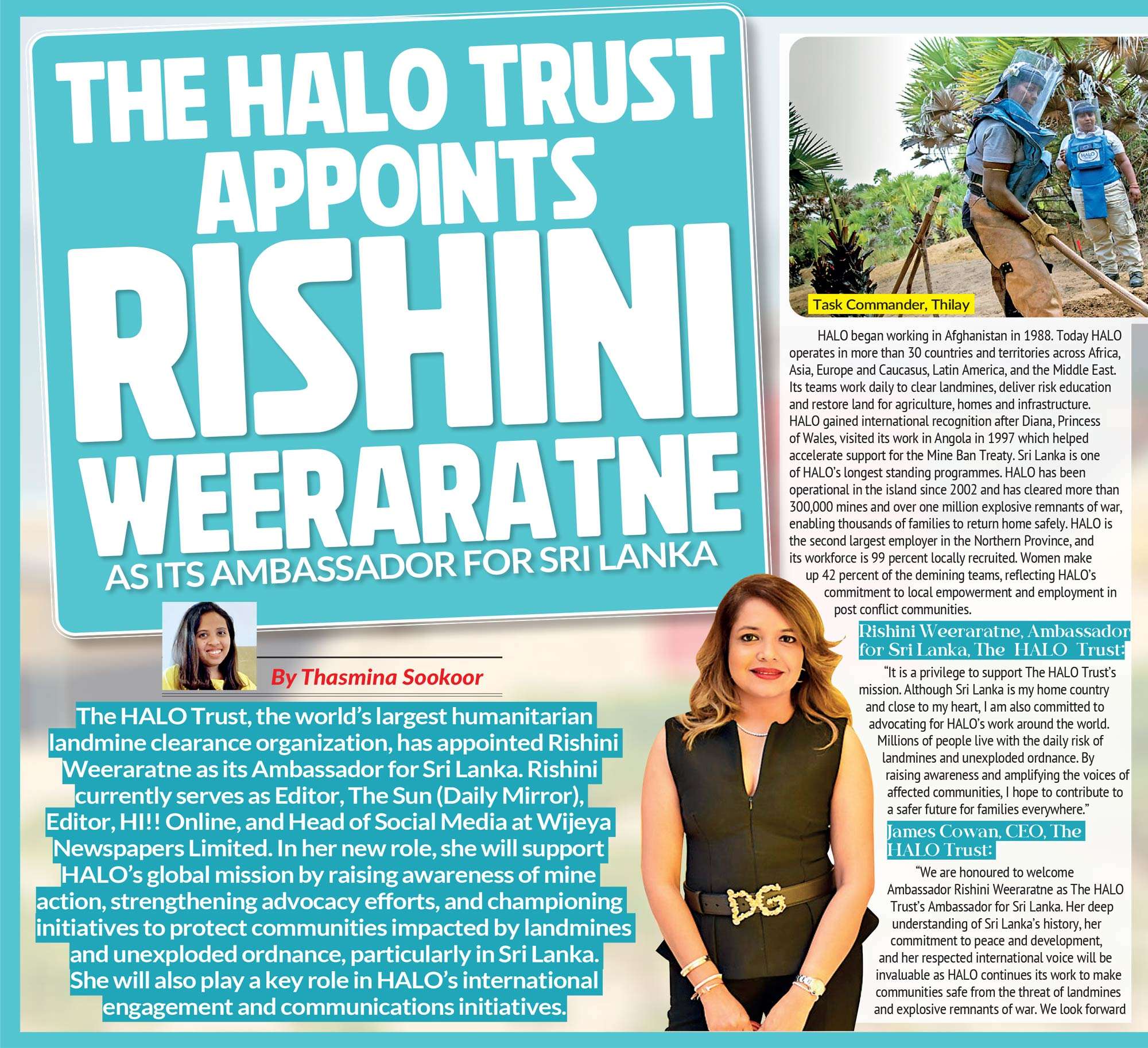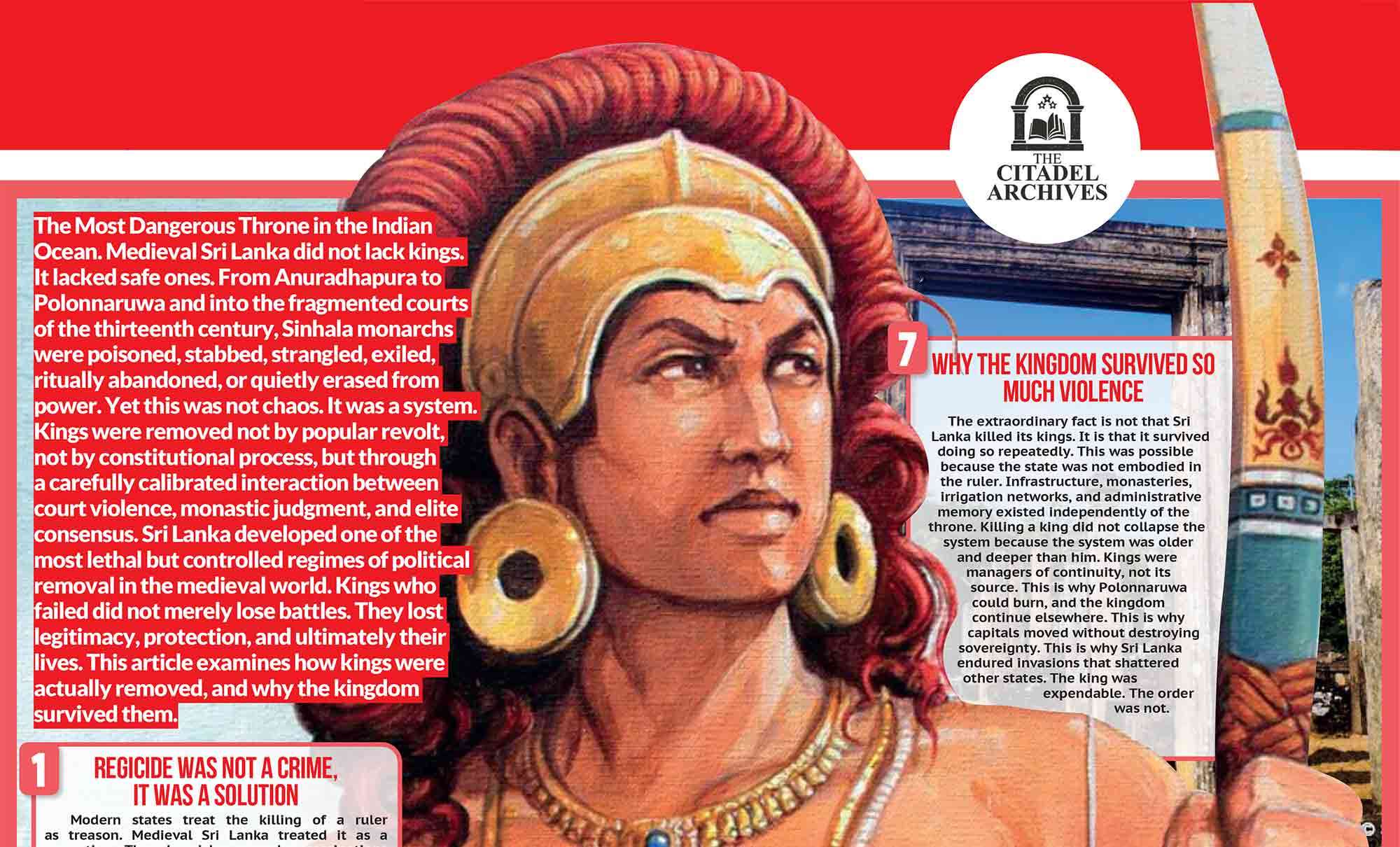In a world constantly racing toward tomorrow, the idea of slowing down to embrace the present can feel both radical and liberating. The Power of Now, popularized by spiritual teacher Eckhart Tolle, transcends religious boundaries and taps into a universal truth: the present moment is all we ever truly have. This simple yet profound philosophy invites us to free ourselves from the burdens of the past and the anxieties of the future, and to instead anchor our awareness in the now.
The Tyranny of Time
Time, as we understand it, is a linear construct; past, present, future. Our minds are conditioned to replay past events or fantasize about what’s to come. We analyse mistakes, nurse regrets, make plans, set goals, and imagine success or failure long before it occurs. While reflection and planning are essential, they often dominate our mental landscape. In this pursuit of what’s ahead, the present becomes a forgotten stepping stone, something to be endured rather than experienced. This obsession with time breeds dissatisfaction. We’re always “getting there” but never “being here.” The result is a chronic low-grade anxiety, a restlessness that tells us something is missing, even when everything is okay. Tolle refers to this as the “pain-body,” a term that encapsulates the emotional residue of past trauma and the ego’s need for drama and identity through suffering. According to him, the ego cannot exist in the present; it needs either the past to define itself or the future to achieve something.
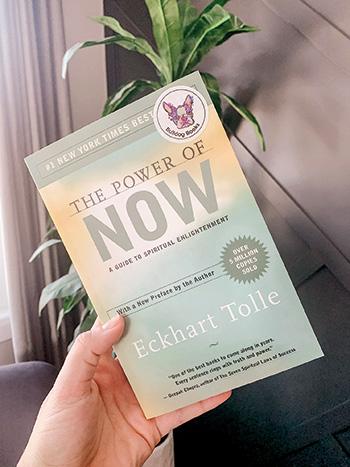 |
|
One of the more elusive aspects of The Power of Now is the idea of stillness, not just physical stillness, but inner stillness. Tolle speaks of a “deep peace” that arises when the mind becomes quiet. This stillness is not an absence of activity but a state of being rooted in the present
|
What Is the Present Moment?
The present moment isn’t a sliver of time between what was and what will be. It is the only space where life unfolds. Everything you’ve ever experienced has happened in the now. Even when you recall a memory or anticipate the future, you’re doing it now. Awareness of the present moment is, therefore, awareness of life itself. Living in the now doesn’t mean abandoning responsibility or becoming passive. It means approaching each task, each interaction, each breath, with full attention. Whether you’re washing dishes, walking your dog, talking to a friend, or closing a deal, being fully present transforms the mundane into the meaningful. You begin to experience life, rather than simply thinking about it.
The Psychological Benefits of Presence
Modern psychology increasingly supports the ancient wisdom of presence. Mindfulness, a concept rooted in Buddhist meditation, is now widely practiced in clinical therapy to reduce stress, anxiety, and depression. Mindfulness-Based Stress Reduction (MBSR), developed by Dr. Jon Kabat-Zinn, teaches patients to bring non-judgmental attention to the present moment. Research shows that this practice not only calms the nervous system but also increases grey matter in areas of the brain associated with emotional regulation, learning, and memory. Presence shifts the focus from reaction to awareness. Instead of being swept away by thoughts or emotions, we begin to observe them. This subtle shift in consciousness gives us a sense of spaciousness, a pause between stimulus and response. In that pause lies the power to choose, to respond with clarity instead of reflexively reacting with fear or anger.
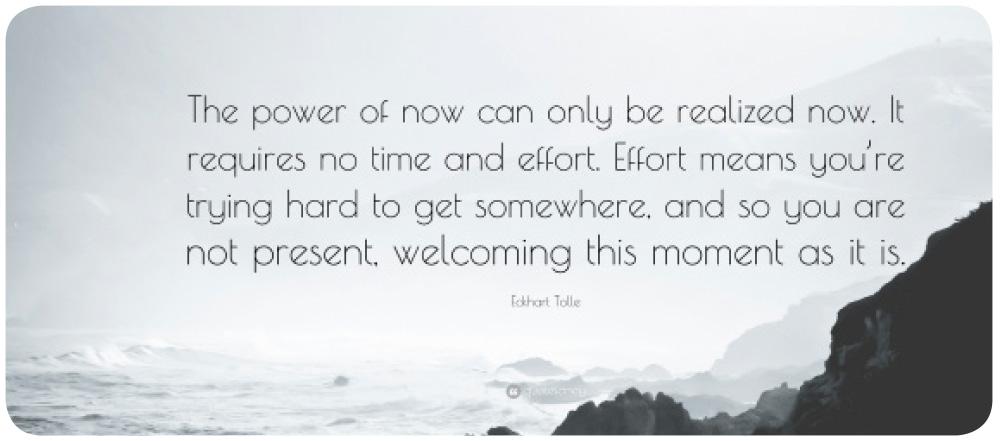
Stillness as Strength
One of the more elusive aspects of The Power of Now is the idea of stillness, not just physical stillness, but inner stillness. Tolle speaks of a “deep peace” that arises when the mind becomes quiet. This stillness is not an absence of activity but a state of being rooted in the present. It’s the silent awareness that notices your thoughts without becoming them, that hears without needing to speak, that sees without needing to label. In this stillness, we find freedom. We are no longer prisoners of our circumstances or the narratives we’ve constructed. We are not our careers, our trauma, our ambitions, or even our personalities. We are the awareness in which all these things arise and pass. From this vantage point, problems lose their grip. Life becomes less about struggle and more about flow.
Overcoming Resistance
Despite its benefits, living in the now is not easy. Our minds resist it. There is comfort in distraction and habit. The ego thrives on conflict, comparison, and identity, none of which exist in the present moment. To overcome this resistance, we need discipline and patience. Meditation is one tool, but so is breathwork, yoga, journaling, or simply taking a few seconds to pause throughout the day and ask, “Am I present?” The good news is that presence doesn’t require hours of practice or spiritual retreats. It can begin now, with one conscious breath, one act of attention. Gradually, presence becomes a way of life, not a practice confined to a cushion or a retreat centre. Your life becomes your meditation.
Relationships and the Present Moment
Our relationships, too, are transformed by presence. Most conflict arises not from what is happening, but from our interpretation of it, usually filtered through past wounds or future fears. When we are present with another person, we listen, not to reply or judge, but to understand. Presence builds empathy. It dissolves assumptions. It opens space for real connection. In intimate relationships, presence allows love to flourish. Love cannot thrive in the future, in fantasies of what the other person should be. Nor can it survive in the past, in unhealed resentments. Love is alive only now; in the look, the touch, the shared silence. Tolle writes, “Love is not selective, just as the light of the sun is not selective. It does not make one person special. It is not exclusive. It includes all.”
The Present as Portal
Tolle often speaks of the present moment as a portal; a doorway to spiritual awakening. In surrendering to the now, we transcend thought, identity, and even time. This does not mean rejecting the material world but rather seeing through it. You still go to work, pay bills, raise children, and pursue dreams, but you do so from a place of inner stillness. You’re doing arises from being. This is where The Power of Now intersects with other wisdom traditions. In Vedanta, it is the Self. In Buddhism, it is emptiness or no-self. In Christian mysticism, it is the Kingdom of God within. Different names, same truth: beneath the surface of your thoughts and experiences lies a field of consciousness that is untouched, eternal, and always present.
A Practice, Not a Destination
Finally, it’s important to remember that living in the now is not a finish line. It is a practice, a continual returning. You will forget. You will get lost in thought, fall into old patterns, react emotionally. But each moment offers a chance to begin again. The power of now lies not in perfection, but in presence. In a society addicted to speed, productivity, and distraction, reclaiming the present moment is a revolutionary act. It is the choice to live consciously rather than automatically, to feel rather than numb, to be rather than seem. And in doing so, we return to the only place where life truly exists, now.

